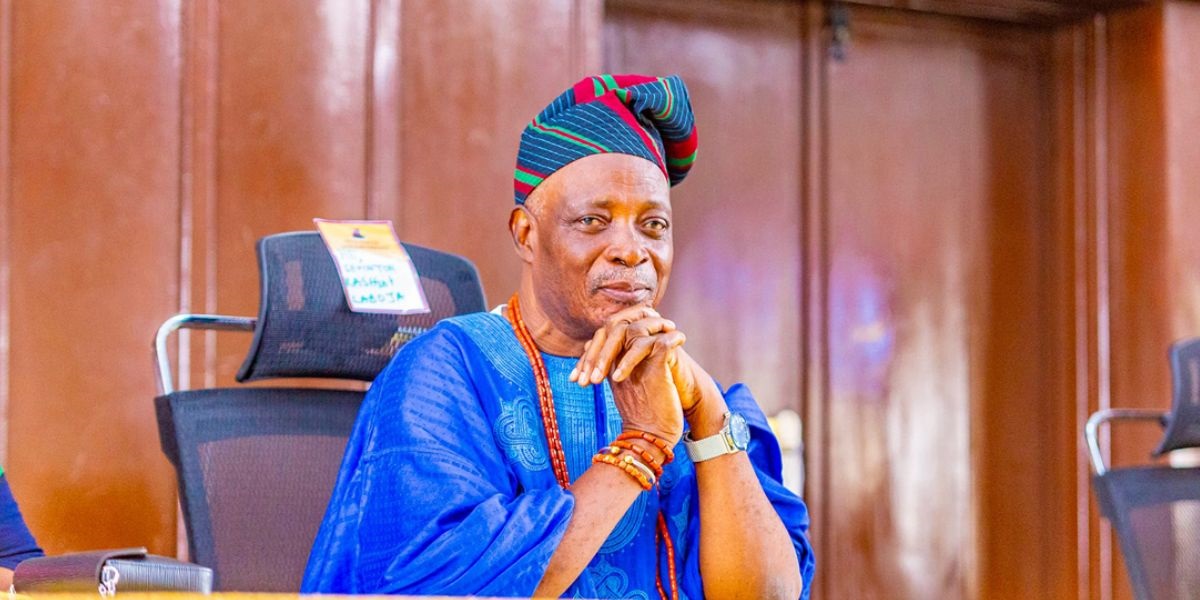Stakeholders in the South-East region, yesterday, gathered in Enugu to proffer solutions to security issues in the zone.
Convened by the Senate’s National Security Summit, it was aimed at harvesting practical inputs toward ending the persistent security crisis in the region.
But no governor from the region participated or sent a representative to the summit. No reasons were adduced for their absence.
The event brought together lawmakers, traditional rulers, Ohanaeze Ndigbo, military and paramilitary agencies, local council chairmen, town union leaders, religious organisations, youth groups, farmers, traders and vigilante operatives.
Declaring the summit open, the Coordinator of the South-East event, Austin Akobundu, said that the Senate convened the national dialogue to gather firsthand perspectives from citizens and leaders in regions most affected by insecurity.
He warned that the South-East’s worsening security environment, marked by killings, destruction, economic stagnation, school disruptions and declining communal life, requires urgent and sincere action.
“The whole communities are traumatised and displaced, farmlands abandoned, schools disrupted, with grave socioeconomic consequences, including spikes in poverty, hunger and illiteracy,” Akobundu said.
He condemned violent agitations in the region, insisting that “violence solves nothing and can never be a pathway to self-determination,” but acknowledged that issues such as inequity, marginalisation, unemployment and poverty must be addressed “headlong” to stem the crisis.
Akobundu praised South-East governors for their “uncommon grit” in confronting insecurity, assuring that the Senate would act on recommendations from the summit, including amending or repealing existing laws and making new ones to strengthen national security.
He also lauded front line security personnel, saying: “Your sacrifices will never be forgotten. The Senate takes your welfare seriously.”
The Speaker of the Enugu State House of Assembly, Uche Ugwu, described the summit as an opportunity for the South-East to “listen, understand and suggest solutions in line with realities on the ground.”






